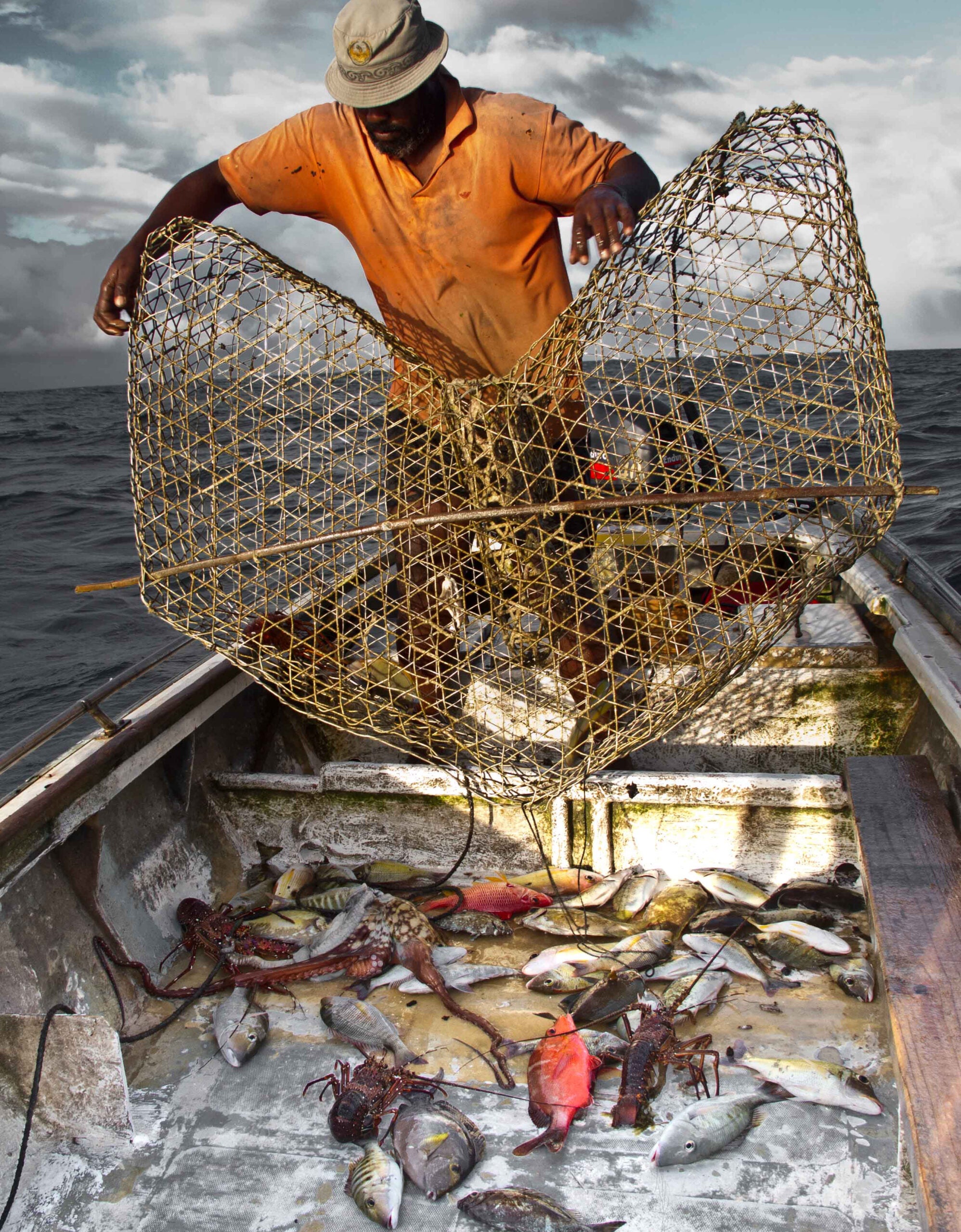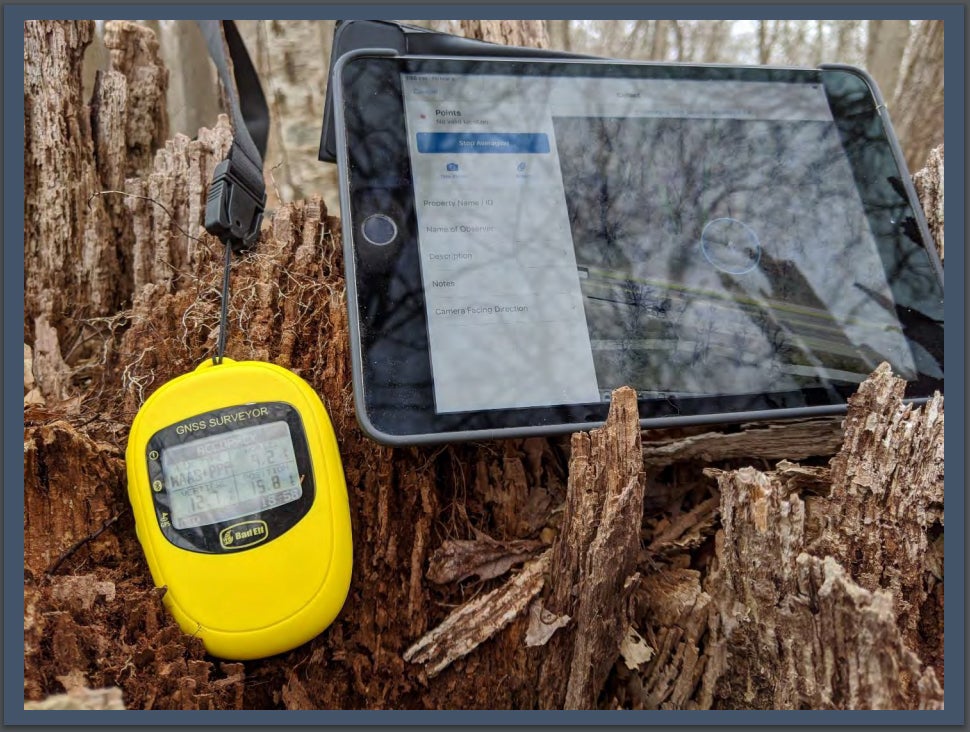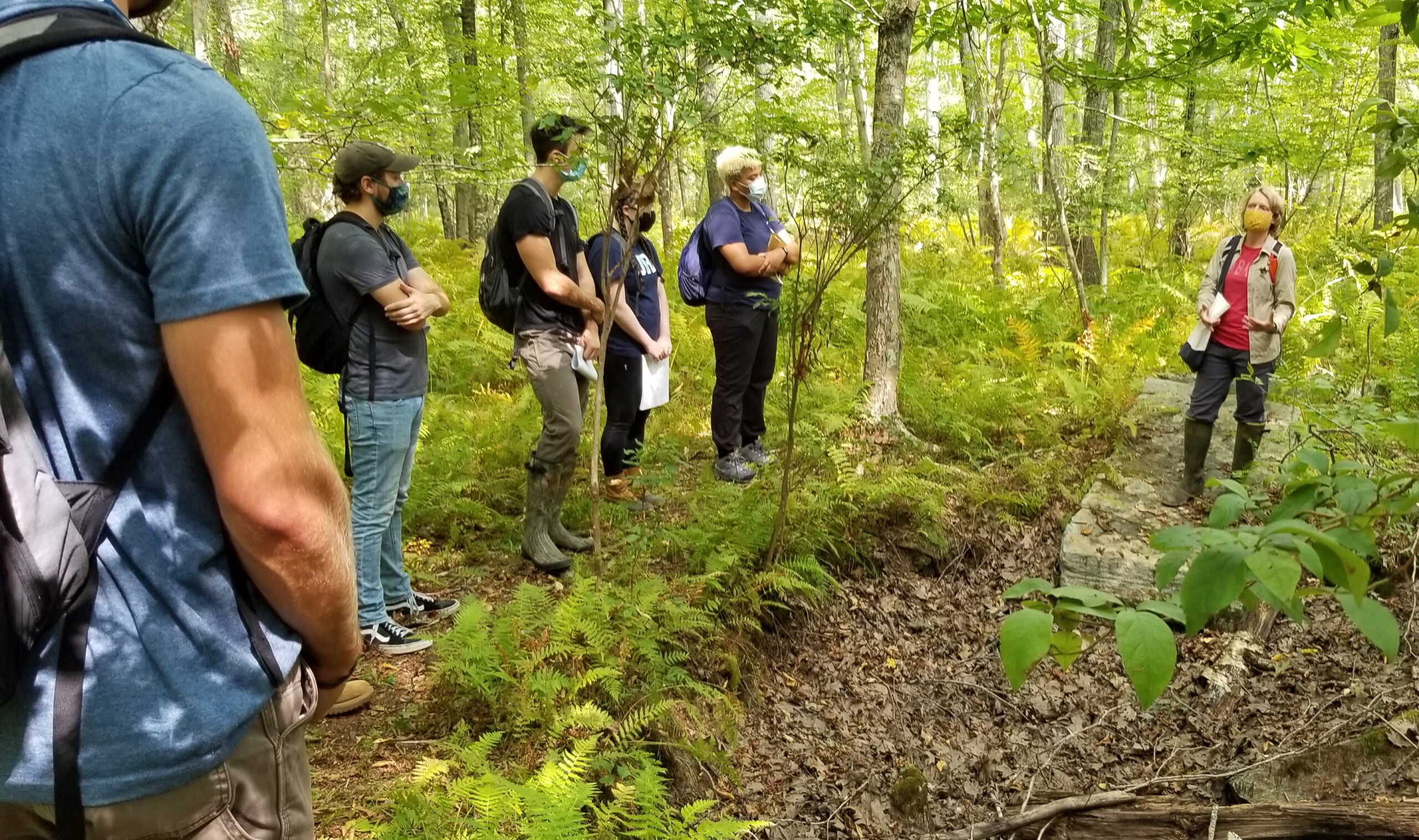KINGSTON, R.I. – November 20, 2020 – The University of Rhode Island’s College of the Environment and Life Sciences is launching three new online graduate certificate programs in 2021 to help professionals working in natural resource and environmental fields improve their skills and expertise.
Classes for the certificate programs in Fisheries Science and Geographic Information Systems (GIS) and Geospatial Technology will begin Jan. 12, and the certificate program in Natural Resources and the Environment will start next fall. All of the courses are seven weeks long, and the requirements for the certificates can be completed in as little as two semesters. The application deadline is Dec. 15 for the programs beginning in January.

“These programs are all geared to professionals who are already working in the field and who are looking for particular skills and knowledge to boost their careers,” said Michelle Peach, the coordinator of the certificate program in Natural Resources and the Environment.
The four three-credit courses required to earn the graduate certificate in Natural Resources and the Environment include such topics as sustainable natural resource management, natural resource planning, GIS and data management.
The ability to apply data-driven approaches to manage complex environmental problems is a crucial skill for future environmental leaders and practitioners, said Peach. Students in the program develop expertise in managing, analyzing and effectively communicating spatial and non-spatial data to address real-world problems.
For more information, visit web.uri.edu/online/programs/certificate/natural-resources.

The graduate certificate in Fisheries Science will not only provide students with scientific and technical knowledge about fisheries science, it will also offer a foundation in statistical procedures and effective decision-making to address complex issues related to fisheries and fish habitats, according to Laura Skrobe, who coordinates the program. Students will work on problems related to fisheries and learn how to create effective, practical solutions to those problems.
The certificate requires three, three-credit courses and two one-credit seminars on such topics as fisheries ecology, stock assessments and ecosystem-based management, plus a summer internship or leadership class. The leadership class requires two weeks of in-person, hands-on learning, which includes time spent aboard URI’s fisheries training vessel, the Cap’n Bert. All other elements of the program must be completed online.
For additional information, visit web.uri.edu/online/programs/certificate/fisheries-science. This program is distinct from URI’s existing graduate certificate program in Aquaculture and Fisheries, which is taught entirely in person.
The graduate certificate in GIS and Geospatial Technology provides students with proficiency and expertise in highly sought-after geospatial technology skills, including GIS, interactive map and data production, and field data collection. It builds on URI’s long-standing reputation as a national leader in the field of geospatial technology, particularly GIS.
According to Aimee Mandeville, who coordinates the program, course format and learning activities will emphasize critical spatial analysis techniques, data management and creative workflows for data analysis, capture and presentation, and critical skills for modern day geospatial analysts and managers at all levels.
“We’ve offered a three-day training in GIS for several years, and many people leave that program and want to take it to the next level,” said Mandeville. “This graduate certificate program is what they’re looking for. We’ve got entire courses in creating data, analyzing data and sharing and collecting data.”
For more information, visit web.uri.edu/online/programs/certificate/gis-and-geospatial-technologies.
The credits earned from all three graduate certificate programs can be applied to URI’s master’s degree program in environmental science and management. To complete the degree would require an additional year of in-person study on campus.
The idea for the certificate programs came from students already enrolled in URI graduate programs who were looking for more flexible options to obtain the skills they needed. Completing one year of the degree program online and the second year on campus provides the flexibility they sought.
The certificate programs are also expected to be of great interest to international students enrolled at URI partner institutions in Indonesia and elsewhere around the world.

